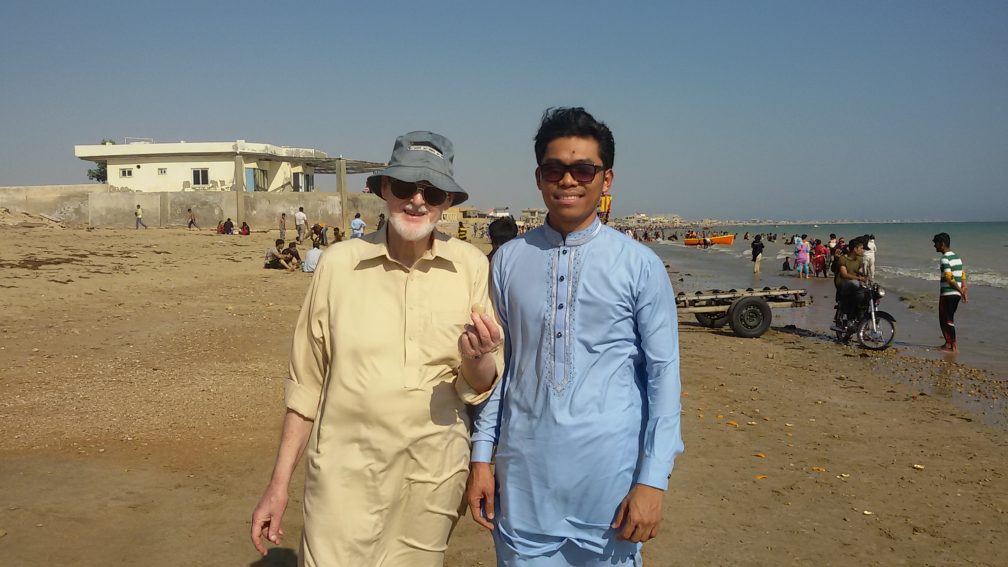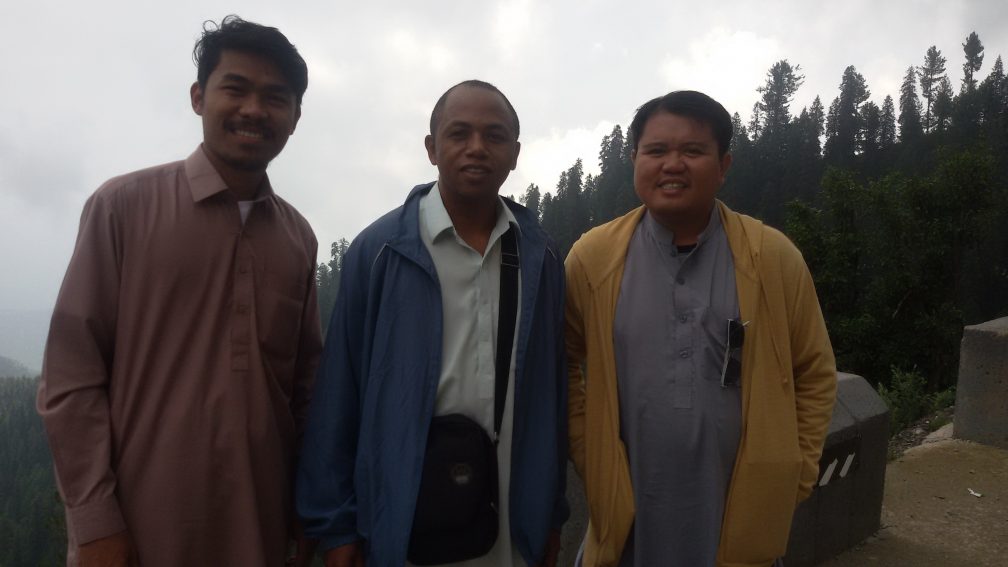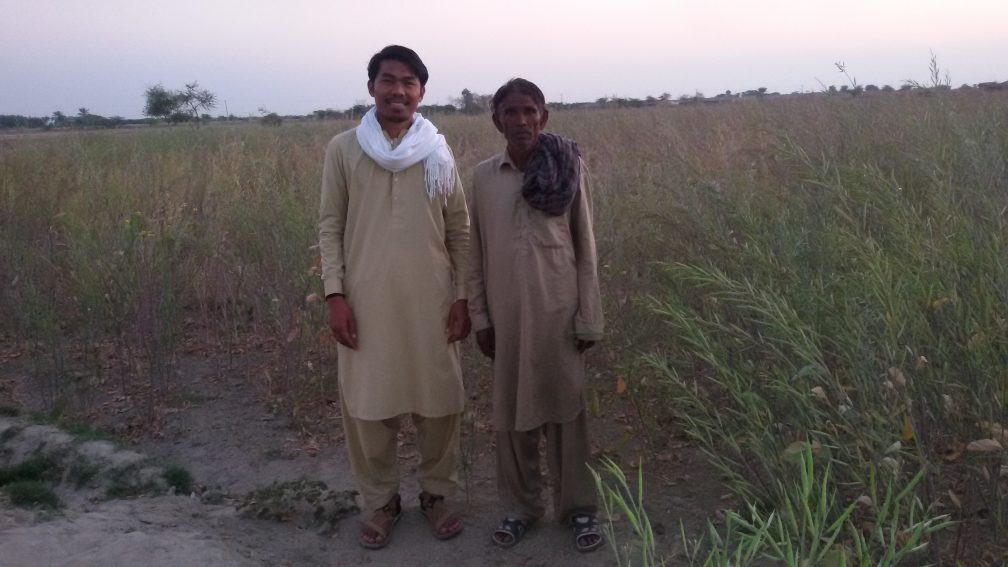There are many days when I am at home in the tribal villages in Sindh, Pakistan. Although, it might have been upsetting for someone to find out that majority of the children in the villages are working in the fields plus the heart-rending problem of poverty that affects poor people’s mortality but if one sees this with compassion, it is totally different.
For the last three days I stayed in the village with Shakoor’s family in Tajeli—a two-hour journey from the parish in a very remote area. I ate meals with them—our food is chapatti (unleavened wheat/rice bread) and daal (lentil) or a sabzi (vegetables).
One early morning, we left the village riding the packed truck driven by a Balochi (a native from Balochistan—a province of Pakistan on the border with Iran.) I sat with him in the front seat, and we had a good chat in my limited Urdu. We were on our way to pluck okra (called ladies finger here) on a big farm. I imagine the owner must have been really wealthy. As I start helping in plucking the okra, they started to caution me that my hand would be very itchy afterwards. One fellow even offered his gloves to me, but I refused and assured them that I will be fine.
We bring sacks with us and that’s where we put the okra. At around ten o’clock we had a tea break when someone brought out tea for the workers. Many if not all were working on an empty stomach for they do not normally have breakfast. Everyone had a cup of tea and immediately after sipping them went back to work. The system, I found out was that workers were paid seven rupees (9 cents U.S.) for every one kilo of okra harvested. The wage for the work depended entirely on how many kilos a worker harvested during the allotted time.
Almost all work for these people is seasonal which makes their lives so uncertain. All are tired afterwards as we all sat in an open field under the heat of the sun while waiting the truck to bring us back to the village. I found women laughing at me, but it’s a pity that I cannot interact with them due to cultural restrictions. “Brother must have been very hungry now,” is what the women were talking about, but I can see the faces of everyone that we were all hungry. That day opened my eyes to their real struggle to earn money to feed their families. It was a wonderful experience to be with them.
The first night, a headache disturbed my sleep the whole night until morning; second night, my belly was not well for a whole night while the third night, was a restful night. I had been discerning about whether or not to return to the parish because I wasn’t feeling well. However, as the days went on, I felt better and completed my days of immersion sound and safe.
There are things that struck me during those four days in the village. First, the plight of the poor people is real. All of them work as laborers in farms. They have a little land but nothing grows with it because there is no water to irrigate. They still have water to drink but it has heavy mineral content so not suitable for crops. There are no government programs for their health concerns, most are illiterate due to lack of educational opportunity. Second, I realized that they are the people very dear to God and to whom I am called to serve.
Wherever I go, I always bring with me my open and grateful heart. It is a privilege for me to spend time with them and having that increasing awareness of their lives urged me to reflect more in my missionary vocation. Gospel joy, oftentimes, is found in simplicity of life and being with the poor and be identified as one of them.
The joy of the people sitting under the heat of the sun after work despite being tired; the concern that they show to me while helping them and their being anxious that I am already hungry; the dancing they had in preparation for the wedding one night and the silence when we were sitting on the fire to get warm in that winter night all reverberates a unique face of joy.



